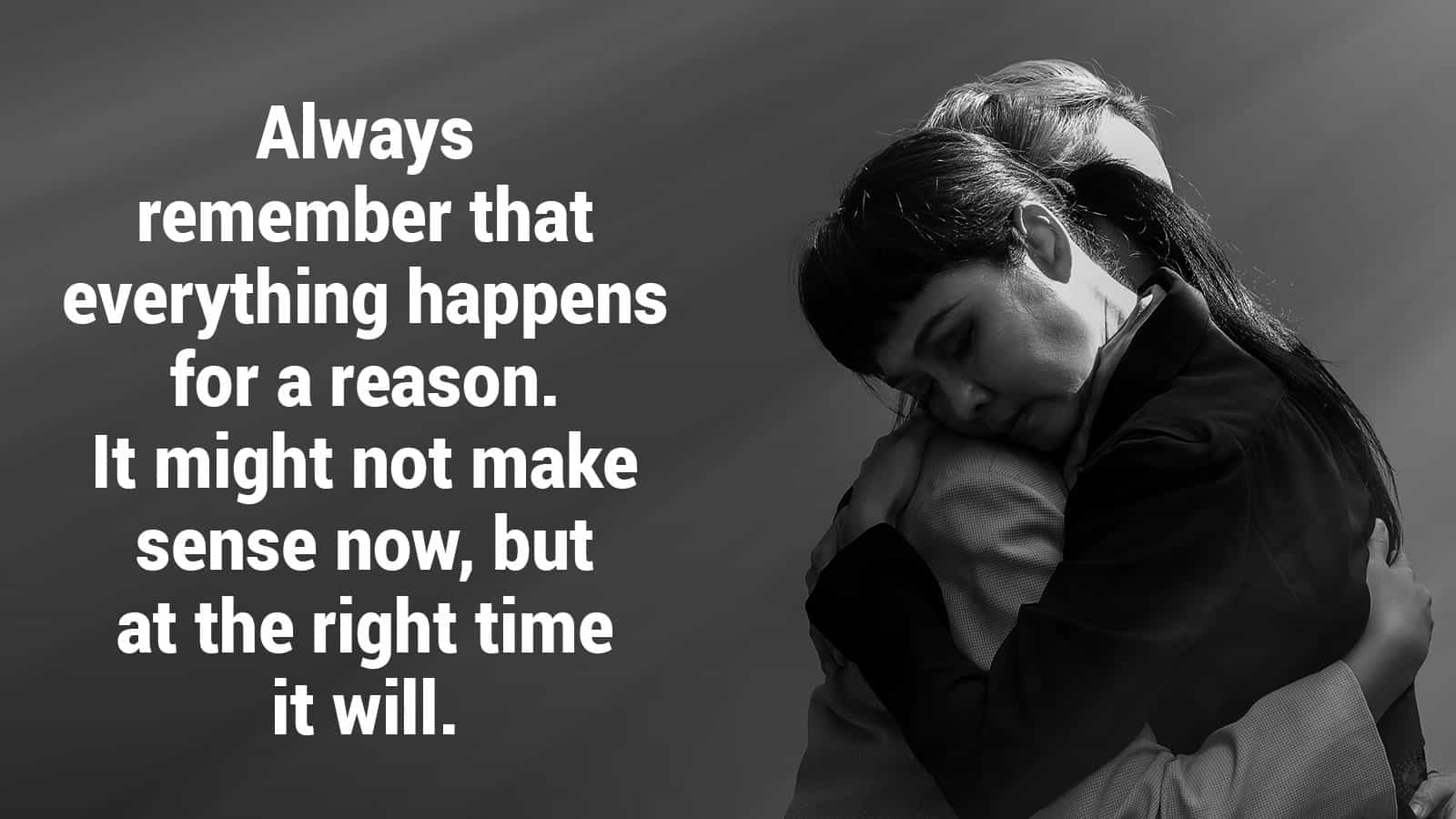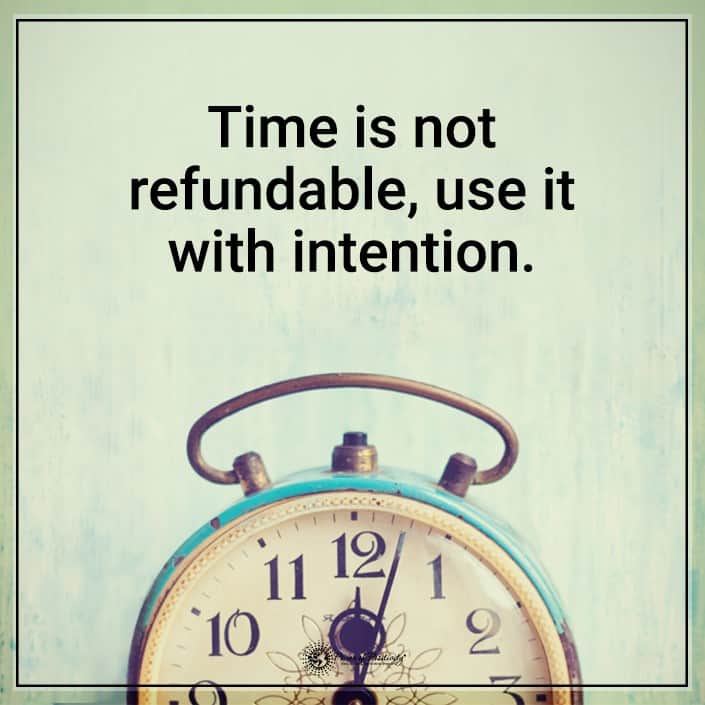Grief is a feeling of deep sadness caused by the loss of something or someone important to you. It is a natural reaction to a loss, and it can involve shock, anger, disbelief, guilt, and overwhelming sadness. Everyone experiences grief multiple times in their life, and there are many different types of grief.
While it is most often associated with death, there are surprisingly many other losses that cause grief, as well. These things may include the following responses:
- going through a divorce
- ending a relationship
- losing a job, changing jobs, or retiring
- financial instability
- miscarriage
- inability to conceive a baby
- losing a pet
- acknowledging that you might not fulfill your dreams
- diagnosis of a chronic or potentially fatal illness
- losing your sense of safety
- losing a selling a cherished home
- graduating from college or leaving home for the first time
You’re Only Human
 With so many things being capable of causing grief, it is only expected that there are many types of grief. Some types are more well-known, but most people do not know some types of grief. These types are sometimes the most severe, but few people understand them since they are not well-known.
With so many things being capable of causing grief, it is only expected that there are many types of grief. Some types are more well-known, but most people do not know some types of grief. These types are sometimes the most severe, but few people understand them since they are not well-known.
Understanding the types of grief can help you understand what you are experiencing and feeling. Plus, if someone you know is grieving, you can understand their feelings and behaviors better, too. Either way, this knowledge will be beneficial.
Symptoms of Grief
Grief does not only impact you emotionally, but it can have a physical effect, as well. It is also important to note that everyone is affected by grief differently, so the symptoms may not apply to everyone. Most people will only show some of the signs instead of having all of them at once.
Emotional Symptoms
- shock or disbelief
- profound sadness
- feelings of emptiness or loneliness
- crying and feeling emotional instability
- guilt or regret
- anger
- fear
- anxiety and/or panic attacks
- helplessness and insecurity
- loss of motivation
Physical Symptoms
- nausea and vomiting
- fatigue
- decreased immune system
- aching body
- insomnia or excessive sleeping
- weight loss or weight gain
Types of Grief
 1. Anticipatory Grief
1. Anticipatory Grief
Before you even experience a loss, you can begin grieving if you know the loss is coming. This can happen when a loved one has a terminal illness or any other loss you know is coming. Sometimes it is experienced before and during a divorce process, too.
Sometimes anticipatory grief can lead to feeling guilty because it feels like you are giving up hope. You may also go back and forth between wanting to spend time with the person and wanting to keep your distance. While you want to feel their presence, you may also want to start detaching to prepare for the loss.
Other times, anticipatory grief is experienced when you do not know what will happen next. If your life feels out of control, it may feel like something important may be stripped away from you. Or, you may know something will happen, but the question of when and how is still unknown.
In addition to the guilt mentioned before, you will likely experience anxiety and fear with this type of grief. Studies show that it causes depression, as well, and can be more intense than grief that happens after the loss.
2. Grief from Losing the Ability to Care for Yourself
Both physical ailments and financial hardships can cause this type of grief. With physical ailments, you may feel like you have lost the ability to do things for yourself. Whether it is from an illness or the loss of cognitive abilities, the loss may be devastating.
The elderly often face this type of grief, as well. When they can no longer care for themselves, they will likely grieve the loss. They may feel helpless and unworthy as they come to terms with their new way of life.
Financial hardships can also cause this type of grief, especially if they had financial independence previously. Leaning on others for support or looking for other assistance can cause serious grief. You may feel like you cannot take care of yourself and your family, even if it is a small setback.
These things can cause grief because it causes a sense of life being out of control. You may even feel like you are losing who you are. For others, it causes a feeling of despair, failure, and limitations.
No matter what, however, the situation often leads to a drastic change in lifestyle. It may also require giving up important things such as a family home, a job, or a hobby you loved. Sometimes, it is only the loss of independence that causes grief, however.
3. Grief of Lost Dreams or Expectations
If you have dreamed of and expected a certain situation to occur, and it does not happen, it can cause grief. Since you had lived so long imagining the expected scenario, it truly is a loss when you realize it may never happen.
This often occurs in situations where a couple cannot conceive. Most people spend their lives dreaming of their future children and the life they envisioned with them. When they find out this may not happen, it can cause anger, a feeling of unfairness, envy, and failure.
Young adults often experience this type of grief, as well. When their newfound adult life is not what they expected it to be, they may begin to grieve. As they struggle to find a way in the world and adjust to reality, they will likely experience profound sadness.
Another instance might be when you do not land your dream job. If you spent your entire life working toward a position but cannot secure it, grief can occur. This is true of any dream or expectation you have had.
4. Grief of Losing Your Identity
There are many reasons you might feel like you lost an identity, such as losing a role or an affiliation. If you lost your job, switched jobs, or retired, you may experience a loss of your professional title. Parents may experience a loss of identity when their children grow up and move away from home.
This situation could also happen when going through a divorce. You may have to change your name, but you will no longer have the “husband” or “wife” title. For some people, this is a huge change, and will adjust before it can be accepted.
With this type of grief, you will not only grieve the lost part. You may also grieve what is coming because you have to start over and create a new you. Plus, if the loss was unexpected or you did not have a say, the grief will be even more profound.
Even still, those who have a say in the change can still experience grief. Not only will they experience grief, but they will likely also experience guilt. If this is the position you are in, remember that you are entitled to grieve as much as anyone else.
How to Cope with Grief
While there are different types of grief, it is important to cope with all of them. No matter which types you are experiencing, you have to find a way through it so you can move forward. If you do not cope, you will experience serious emotional and physical effects.
Since grief is different for everyone, it is only expected that everyone might cope differently, too. The way that you choose to cope is entirely up to you and will depend on many factors. Most importantly, you have to give yourself time because the process cannot be rushed.
Even though everyone will cope differently, there are certain steps that everyone will have to take. The steps to coping with grief include these actions:
- Acknowledging and facing your pain
- Accepting the many unexpected emotions
- Finding a way to grieve that works for you
- Seeking support from loved ones and close friends.
- Finding ways to care for yourself both emotionally and physically
- Watching for signs of depression so that you will know when professional help is needed
 Final Thoughts on Types of Grief That Most People Don’t Know About
Final Thoughts on Types of Grief That Most People Don’t Know About
While most often associated with a loved one’s death, grief can be caused by any loss. From the loss of a job to the loss of your identity, many things can trigger grief. Because of this, there are many types of grief, as well.
Remember that grief is a natural part of life, and it is entirely normal to experience it. You should never feel bad about grieving, and it is important to grieve in a unique way that will help you. Being sad and experiencing other intense emotions because of a loss is expected, so give yourself some grace.
You do have to find a way to cope with the grief, however. Otherwise, you will experience serious physical and emotional issues that will only get worse the longer you avoid coping. Knowing the type of grief that you are experiencing will help along the way.


















